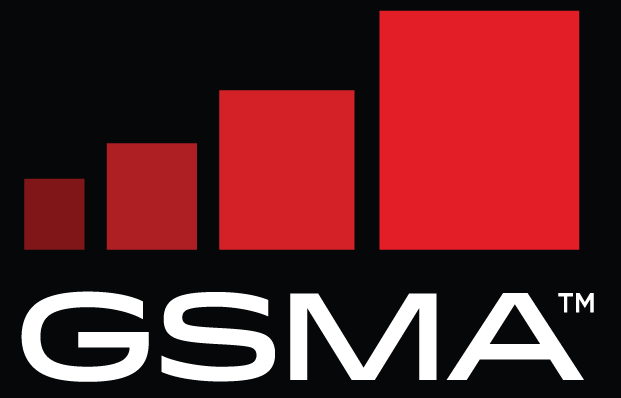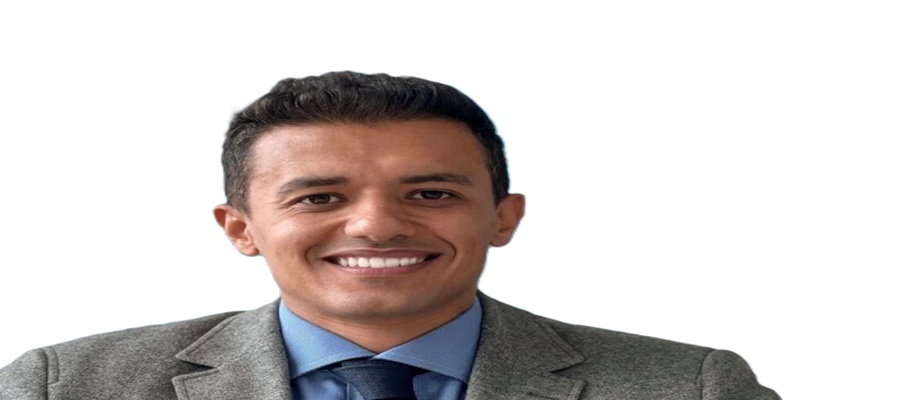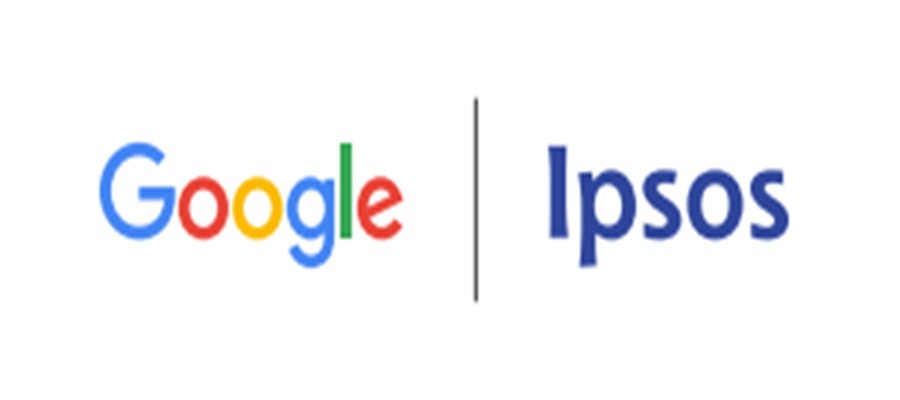Telecom
GSMA to Showcase Mobile Impact on Sustainable Development @ UNGA

The GSMA will represent the global mobile industry at the 73rd session of the UN General Assembly (UNGA) being held in New York this week, advancing the leading role the sector is playing in meeting the UN Sustainable Development Goals (SDGs).
Over the coming week, the GSMA will be participating in a wide range of activities with several high-profile partners and providing a critical platform for dialogue between mobile industry leaders, heads of state, global leaders and governments to further accelerate mobile’s contribution to the SDGs.
“The GSMA will be in UNGA for the third year running to demonstrate how the global mobile industry is strengthening its commitment to improving lives around the world, as we enter a critical period in the delivery of the UN’s ambitious 2030 Agenda.
“As the leading forum for international political cooperation, UNGA give us a unique opportunity to showcase how mobile’s unprecedented global scale is connecting unconnected communities, reducing poverty, improving access to healthcare, education, financial inclusion, and building sustainable cities and communities,” said Mats Granryd, Director General of the GSMA.
The GSMA and senior executives from the mobile industry will be participating at UNGA in a number of ways, including:
SDG Media Zone: Located at UN headquarters, the SDG Media Zone is a unique space at UNGA where thought leaders, governments, civil society, businesses and celebrities from around the world will participate in live interviews, panel discussions and special events. The GSMA is a partner in the Media Zone alongside the UN Department of Public Information, the UN Foundation and the PVBLIC Foundation. Click here to see the full programme schedule.
Impact Report: The 2018 edition of the Mobile Industry Impact report will be launched at a reception in the SDG Media Zone on Tuesday 25 September. This report measures the industry’s contribution to each of the 17 SDGs, demonstrating the significant progress made over the last three years.
New Technologies and Mobile Solutions for Development: The GSMA is co-hosting a session today, Monday, 24 September from 10:30 to 12:00 at UN headquarters entitled ‘New Technologies and Mobile Solutions for Development: Business Driving Innovation for Social Good.’
This event, held in collaboration with the International Chamber of Commerce (ICC), the International Trade Centre (ITC) and UNDESA, is bringing together global leaders and experts from the public and private sectors to discuss how to maximise innovation to deliver on the aspirations of the 2030 Agenda.
Big Data for Better Lives: On Tuesday, 25 September from 07:00 to 09:00 the GSMA is co-hosting a session at UN headquarters entitled ‘Big Data for Better Lives: Mobiles, Statistics & Insights’ in collaboration with the Global Partnership for Sustainable Development Data (GPSDD), UNICEF, the World Food Programme (WFP) and the Government of Norway.
This session will feature insights from the GSMA’s Big Data for Social Good (BD4SG) initiative, which is providing real-world mobile big data solutions to respond to epidemics, disasters and environmental challenges. Demonstrations of operator mobile big data projects are taking place at the SDG Media Zone during the week.
Transforming Women’s Lives with Mobile: A networking breakfast hosted by the GSMA’s Mobile for Development team will take place on Tuesday, 25 September (08:00 to 09:30) at the SDG Media Zone.
Under the theme ‘Transforming Women’s Lives with Mobile’, this session will explore how mobile solutions are transforming the lives of women and their families by providing access to energy, water, clean cooking and nutrition information, and driving women’s financial and digital inclusion.
Telecom
Spacecoin Secures Licenses to Roll Out Satellite Connectivity in Nigeria, Kenya

Spacecoin, US-based, has announced the signing of recent agreements with local authorities and operators to launch satellite connectivity pilot projects in Africa.

The initiatives, focused on Kenya and Nigeria, aim to serve areas where terrestrial networks remain limited or unavailable.
n Kenya, Spacecoin has obtained a transmission license from the Communications Authority, allowing it to test satellite-based solutions for connectivity and Internet of Things (IoT) monitoring, particularly in rural and peri-urban areas with limited internet access.
According to the Kenyan regulator, internet penetration remains below 50% of the population, despite mobile penetration exceeding 130%.
In parallel, the company is continuing operations in Nigeria under an existing license issued by the Nigerian Communications Commission (NCC).
This authorization supports initiatives aimed at delivering affordable broadband connectivity to isolated and underserved communities.
Spacecoin’s approach is based on a decentralized satellite network using nanosatellites in low Earth orbit (LEO).
Combined with blockchain-based protocols, this architecture is intended to offer more flexible and cost-effective connectivity services than traditional networks, while also enabling the integration of IoT solutions for a range of uses, from smart agriculture to infrastructure monitoring.
These projects are part of a broader strategy to help narrow Africa’s digital divide, where a significant share of the population still lacks access to reliable internet services.
Satellite technology is increasingly viewed as a complement to terrestrial infrastructure, particularly in hard-to-reach areas where deployment costs and geographic constraints remain high.
Beyond Africa, Spacecoin is also running pilot projects in Asia, working with local partners to test the viability of its model across different regulatory and geographic environments.
According to the company’s management, growing interest from regulators reflects a shift toward solutions capable of reaching populations that have long been excluded from internet access.
Telecom
AVEVA Names Khaled Salah Vice President for Africa to Drive Growth

AVEVA, a global leader in industrial software, driving digital transformation and sustainability, today announces the appointment of Khaled Salah, 37 years old, as Vice President of Africa.

Khaled Salah
In this new role, he will be responsible for about 30 employees to ensure the successful implementation of AVEVA’s growth strategy. Khaled Salah will report directly to Jesus Hernandez, SVP of the EMEA region.
A 15-years + career across different industries and domains
With a MBA in management from the Warwick business school, UK, and a master’s degree in engineering from Ain Shams university in Egypt, Khaled Salah is an active advocate for driving sustainable progress in the industrial sector. With Sustainability in mind, Khaled is keen on making a positive business impact, while fostering progress for people and the planet.
He started his career at Schneider Electric, in 2013 in the global supply chain and evolved through various roles such as Europe procurement and supply chain strategy Manager, and Global Commercial strategy Director for the industrial automation business. Khaled Salah has developed a strategic understanding of all those fields.
After 12 years in Schneider Electric, Khaled joined AVEVA in 2022 to lead AVEVA and Schneider Electric global strategic partnership, across all industries managing a team of 30 people.
He has led the introduction of new AVEVA software solutions to initiate and develop significant growth areas across all Schneider Electric verticals.
Ambitious plans for AVEVA in Africa
In addition to his current role as AVEVA and Schneider Electric partnership Vice-President, Khaled now takes over the management of AVEVA’s activities in Africa.
Jesus Hernandez, SVP of the EMEA region says: “Africa is a strategic region for AVEVA. In this major industrial market, customers, world leaders in the fields of Energy, Metal & Mining, Chemicals, and Water, are looking for AVEVA’s expertise to accelerate and drive their digital transformation and sustainability strategies, as well as their energy transition projects.
“Khaled Salah’s qualities of leadership in a global environment will benefit his team spread across 12 countries including Algeria, Morocco, Egypt, Kenya, Nigeria, and South Africa.”
Motivated by the prospect of capitalizing on the talent of his team to strengthen AVEVA’s presence in Africa in the years to come, Khaled Salah says: “Helping my team realize their professional potential is close to my heart.
“We will work together to support and accelerate the digital transformation of industries in Africa, in particular through CONNECT, our industrial intelligence platform, with the support of our ecosystem of partners. »
Telecom
Google Report: Nigeria Leads Global AI Adoption in Learning, Entrepreneurship

A Google-Ipsos report reveals Nigerians topping global AI usage at 88%, surpassing the 62% worldwide average, with sharp rises in education and business applications.

“Our Life with AI: Helpfulness in the hands of more people” shows 93% of Nigerians using AI for learning complex topics versus 74% globally, 91% for work assistance, and 80% for new ventures—nearly double the 42% global rate.
Taiwo Kola-Ogunlade, Google’s West Africa Communications Manager, stated: “Nigerians are creatively using AI to unlock opportunities for learning, growth, and economic empowerment, shaping their future with technology.”
Key findings highlight 91% viewing AI positively for learning access, 95% expecting benefits for students and educators, and strong optimism—80% excited versus 20% concerned, compared to global 53%-46% split. Frequent users show 90% excitement

 E-Financial3 days ago
E-Financial3 days agoHere Are Nigerian Banks That Have Secured Their Licences

 E-Financial3 days ago
E-Financial3 days agoZenith Bank Top Nigerian Bank Pick Ahead of GTCO, AccessCorp

 Telecom3 days ago
Telecom3 days agoMTN CEO Toriola Hails Nigeria’s Telecom Transformation at MIPAD

 News3 days ago
News3 days agoICPC Charges Ozekhome with Forgery, Corruption Over London Property

 E-Financial3 days ago
E-Financial3 days agoNigeria Processed $92.1Bn Crypto Transactions in 12 Months — PwC

 E-Financial3 days ago
E-Financial3 days agoHow Crypto Criminals Stole $700m from People – often Using Age-Old Tricks

 General News2 days ago
General News2 days agoCybersecurity Firm Detects a Wave of Crypto Phishing Following BlockFi Bankruptcy

 Telecom3 days ago
Telecom3 days agoLebara Launches Agent Registration Portal



























